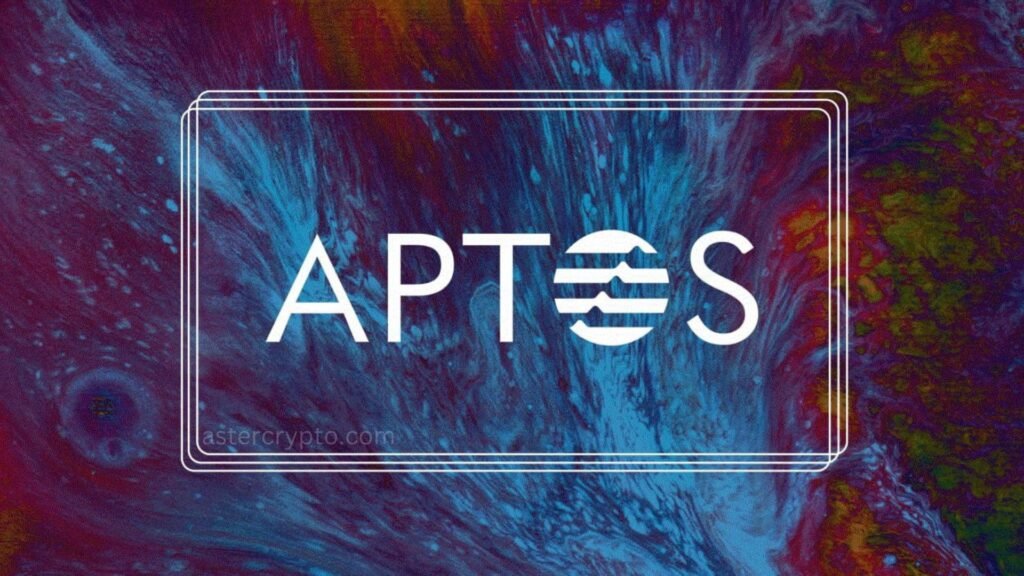Crypto Veterans Question Tapos Cat’s Long-Term Viability

The Web3 gaming community is divided on Tapos Cat, with some arguing that it isn’t practical or sustainable. The CEO of Helius Labs is among those who think the game’s “click-and-buy” mechanics could deceive users into thinking they’re more popular than they are by not satisfying their fundamental requirements. These issues make one wonder how Web3 projects will balance user satisfaction and revenue generation.
Despite these critiques, many Aptos Labs supporters view Tapos Cat as a technological feat that illustrates the network’s scalability and reliability. They hope that by playing the game, the network’s engineering skills will be showcased and will lead to more improvements in the future. Former Google VP David Lawee is just one of the world-renowned figures who have joined Aptos Labs’ advisory council. The company is launching the Web3 T wallet alongside Atomrigs Lab and South Korean SK Telecom (SKT). This partnership shows Aptos Labs’ ambition of integrating Web3 with mainstream tech to make decentralized apps more accessible.
Solana Among Fastest Blockchains

Among the leading blockchains, Solana has the most daily transactions, at 91 million. On April 6, meme coin fever peaked, and Solana set a record with 1,504 TPS. Among Ethereum scaling alternatives, Polygon boasts the most outstanding transaction per second (TPS), while Solana easily outperforms it in real-time. Compared to Ethereum, Solana’s transaction throughput is almost 46 times faster, and its operational speed is about five times faster.
Incredible as it may be, Solana has only reached 64.6% of its 65,000 TPS theoretical capacity. Other blockchain networks, particularly Ethereum scaling solutions, exhibit this disparity between actual and potential TPS. These scaling solutions may have slower TPS due to fewer on-chain transactions, suggesting demand and usage are essential to processing speeds.
[sp_easyaccordion id=”2069″]

